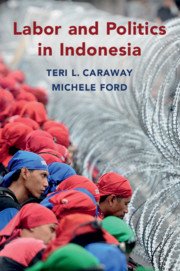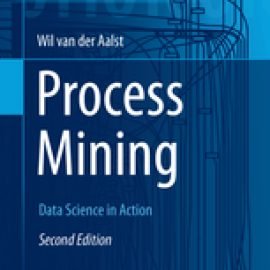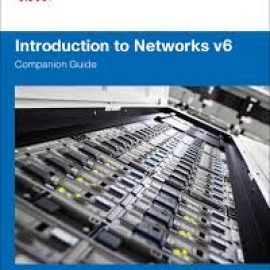Description
‘This book is not only the single best study of labor politics anywhere in Southeast Asia, but also the most empirically rich and analytically rigorous account of political mobilization and contestation over economic growth in Indonesia. Caraway and Ford challenge other scholars of Southeast Asian politics to look beyond competition among personalities and parties to the broader social forces and societal dynamics structuring politics in the region. Hats off to them for this important contribution to the literature. May the rest of us rise to the challenge!’
John Sidel – London School of Economics and Political Science
‘At a time when accounts of organized labor gains are few and far between, Labor and Politics in Indonesia is a refreshing read. The book will be a major contribution to the field of comparative labor politics.’
Maria Lorena Cook – Cornell University
‘At a time when many see labor as getting weaker across much of the world, Caraway and Ford offer a well-researched account of how Indonesia’s unions managed to expand their influence in national and local politics, forging their own networks and taking advantage of shifting political opportunities. Labor and Politics in Indonesia contains important, and often surprising, insights into the conditions that enable a labor movement to punch above its weight in new democracies.’
Rudra Sil – University of Pennsylvania
‘… Labor and Politics in Indonesia deserves a wide readership among anyone interested in Southeast Asian politics, labor movements, and democratization.’
Edward Aspinall – Australian National University
‘Labor and Politics in Indonesia offers a sustained and incisive analysis of labour politics in Indonesia since reformasi, demonstrating how sections of the Indonesian labour movement have adapted to the changing broader socio-political environment of the last two decades. It follows, in scrupulous detail, the wins and losses registered by that movement as it seeks to influence the contours of democratisation. The book will likely be considered the definitive work on post-New Order Indonesian labour politics.’
Vedi Hadiz – University of Melbourne
‘Networked power, acting more as a social than a political or economic movement, explains both labor’s successes and its weakness. This book, meant for serious students of contemporary Indonesia, adds an important dimension to the understanding of Indonesian politics.’
 العربية
العربية  English
English 




